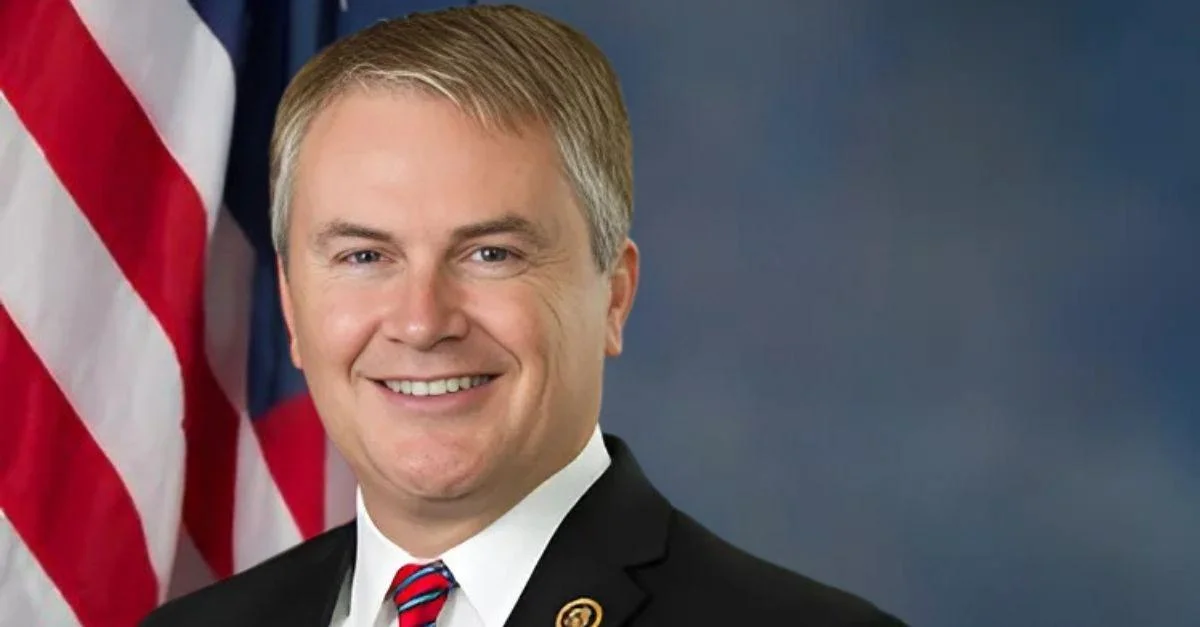The Subcommittee on Economic Growth, Energy Policy, and Regulatory Affairs recently held a hearing titled "The New Atomic Age: Advancing America’s Energy Future." The focus was on small and micro modular nuclear reactors (SMRs and MMRs) and their potential to enhance the use of nuclear energy in the United States. Witnesses highlighted that these reactors could offer safe, affordable, and accessible energy but are hindered by government overregulation.
Alex Epstein, President of the Center for Industrial Progress, noted the need for regulatory reform to unlock nuclear energy's potential. He emphasized that past regulations have made nuclear power expensive or impossible to build. Joshua Smith from the Abundance Institute echoed this sentiment, stating that outdated regulations are major barriers to nuclear innovation.
Smith also stressed the importance of modernizing electrical grid licensing and permitting processes to maintain U.S. leadership in energy efficiency. He advocated for reforms in licensing and interconnection alongside nuclear regulations.
Epstein suggested creating nuclear innovation zones on federal land to expedite reactor testing and development. This would allow private developers to innovate without lengthy delays.
Subcommittee Chairman Burlison raised concerns about companies being forced to develop technology abroad due to domestic regulatory hurdles. He questioned whether states might be better suited than the federal government for regulating nuclear energy.
Rep. Scott Perry discussed how a more profitable nuclear industry could benefit taxpayers compared to other non-traditional energy sources. Epstein argued that reducing subsidies for less reliable forms of energy could help make nuclear power more cost-effective.
The hearing underscored the need for regulatory changes to advance America's nuclear energy future.









